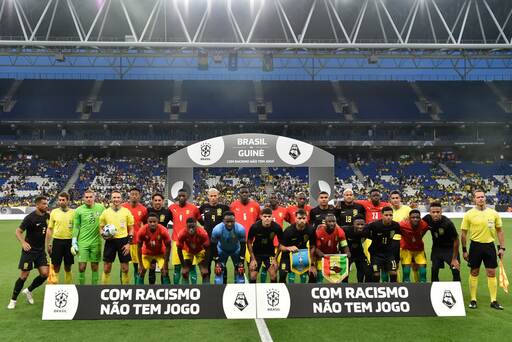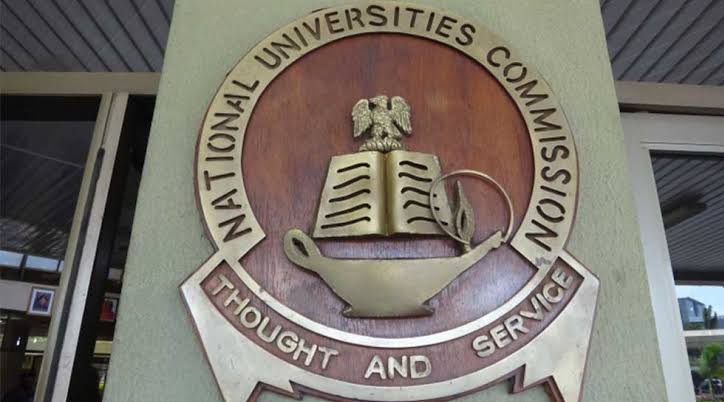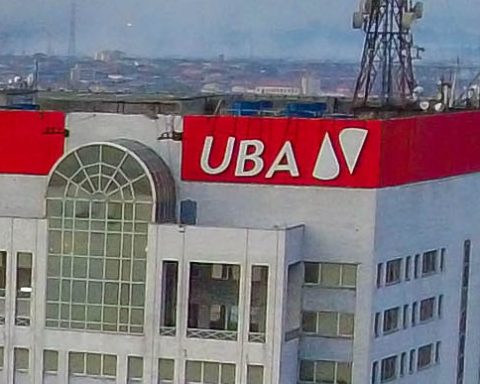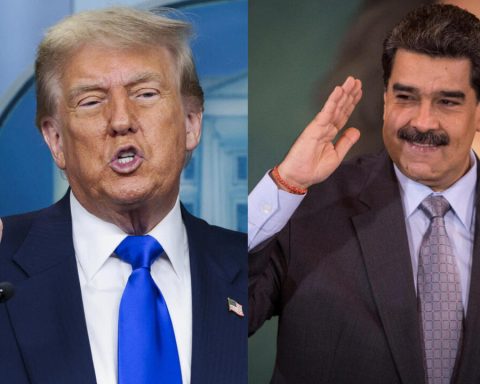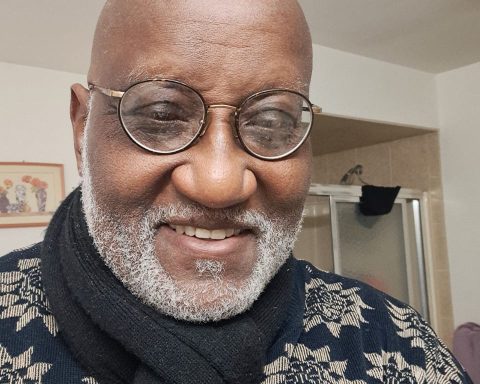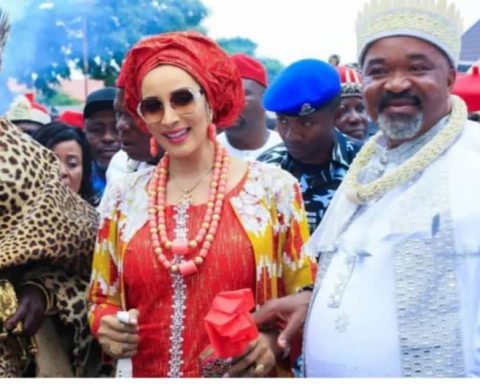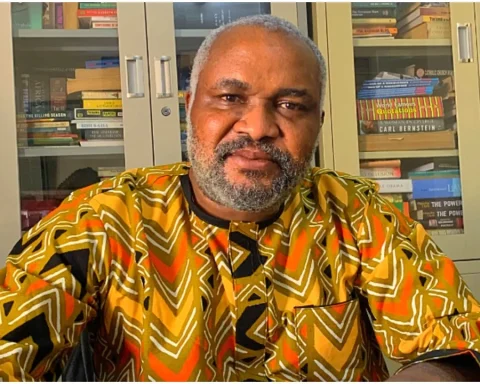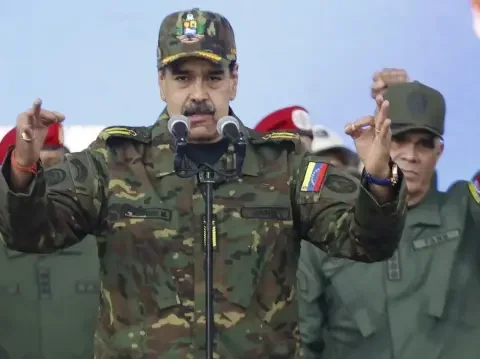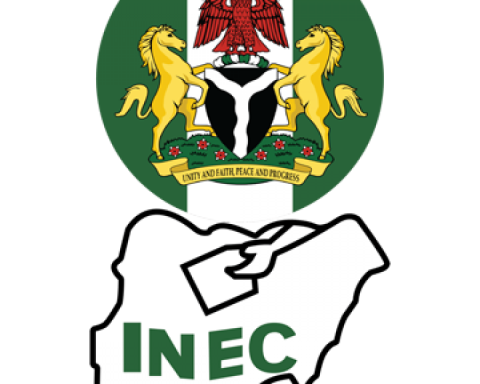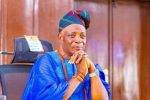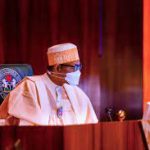From Obasanjo through Jonathan/Yar’Ardua to Buhari, Nigeria’s democratic experience since 1999 has been a spending spree on bogus and wasteful national projects. Power, transport, petroleum, refineries, foreign exchange, industrial production, inflation control, homeland security, the Ajaokuta Steel Complex, etc., are areas the country has registered bewildering failures. The latest in the series of Nigeria’s spectacular wastefulness is the recent unveiling of its national carrier, Nigeria Air.
With 20 airplanes at its beginnings in the late 1950s, the Nigeria Airways was a shadow of itself by the mid-1980s. Debts had overshadowed revenue, leading to its eventual death by 1999. Since then until 2015, it has been from promise to failure about giving Nigeria a national carrier. Between 2015 and 2023, the country had sunk a princely N85.42 billion to get a national carrier.
Join our WhatsApp ChannelREAD ALSO: Was There Ever Fuel Subsidy In Nigeria?
So, after an eight-year wait, the country finally unveiled its flagship airline on May 26, 2023. But, just after landing in Abuja, an airplane, with a bold inscription, Nigeria Air, was identified by people familiar with it and its trajectories as owned by the Ethiopian Airlines. The aircraft had apparently been borrowed for a few hours of pomp to act as Nigeria’s own airline. Hadi Sirika, minister of state for aviation (2015-2019) and full minister from 2019 until 2023, was just desperate to fulfil a promise to deliver an enviable airline to Nigeria, the pride of Africa. Expert analysis so far about the deals surrounding the airline gave Nigeria away as a butt of jokes.
The Culture of Waste and Abandonment
The Millennium Cultural Centre in Abuja, standing 179 metres (560ft), started in 2006, billed to be complete in 2011, hastened in 2014, has yet to be completed in 2023. This was Jonathan’s climax of many dashed hopes before he left office in 2015.
One of the most heated debates of ex-President Olusegun Obasanjo’s eight years as president was the lavishing of N3.52 trillion ($16 billion) on power projects that bore skeletal fruit. To add to Obasanjo’s track record of spending on power, former President Umar Yar’adua also sprayed N1.183 trillion on electricity projects, coming slightly behind Jonathan’s largesse of N1.817 trillion on electricity projects. Buhari brings up the rear with a mammoth N1.7 trillion also spent to provide electricity to Nigerians.
Despite this, Nigeria 2023 budget indicated that about 200 ministries, departments and agencies (MDAs) will spend N22 billion naira on electricity generators. This amount covers fueling and generator maintenance. The Nigerian army alone is to spend N1.1 billion on electricity generators. Some estimates show that annually, Nigerian manufacturers spend N3.5 million on alternative power supply. According to the Energy Progress Report, 92 million Nigerians remain unconnected to Nigeria’s power grid, just about half of the country’s 200 million people. Some experts like Sam Amadi, former chairman of the Nigeria Electricity Regulatory Commission, interpret this as an utter failure of government’s electricity privatization exercise.
Initially estimated to cost $650 million around 1986, the Nigerian Ajaokuta steel complex eventually cost $8billion dollars by the mid-1990s. The project was initiated by the military government of Olusegun Obasanjoin 1979, with 1986 as expected date of completion. Soviet Union contractors, TyazhPromExport, were given the contract at the time. Since then till date, it has failed to produce any steel, despite being touted to be Nigeria’s sparkplug for industrialization.
In the case of refineries, Aliko Dangote has shown that one a country cannot do, a single individual can do. Allen Onyeama has also demonstrated that one person can successfully run an airline. Dangote’s Lagos refinery was projected to cost between $18 million and $21million. Yet, a report by the House of representative ad hoc committee on the state of refineries showed that successive governments in Nigeria gulped N11 trillion to refurbish bad refineries from 2010 to 2023. A Reuters report showed that in 2022 alone, government spent N4.4trillion on fuel subsidy, about $10 billion dollars.
The Questions
The spectacle of failures calls up many questions. For instance, is it that the country does not have the resources to operate an airline? Is it impossible to get a new refinery? Is operating a national airline not profitable? Does it mean that the country is jinxed in all areas of progress?
Since 2018, over 10 million passengers travel through Nigeria’s domestic and international airports yearly, making it one of Africa’s busiest routes. In the past two years, air transport has jumped 45%, from just above 10 million to over 15 million passengers. Unfortunately, Nigeria remains outside the top 10 highest earning airlines in Africa, with a non-african airline, Emirates, as the highest earner. Of the $2.1 billion earned by airlines in 2021, the Emirates airline alone took in $837.6 million, while the South Africa Airways pocketed 359.6, a distant second. This is despite the sad fact that the Nigeria air passenger market is the most lucrative in Africa, yet Nigerian owned airlines do not benefit maximally from it.
More questions are mounting with the hardship that greeted Tinubu’s inauguration. The constantly hiking fuel price, a post-Covid-19 shrinking economy, rocket inflation figures, the badly managed naira redesign project and a flawed democratic process are situations and events that Tinubu has inherited. The president appears to have survived the subsidy blooper. But he must give serious attention to the foregoing familiar questions. There are early indications that he will be bold and daring. But will he avoid wasteful spending and running a government of abandonment?
Dr Mbamalu is a veteran Journalist, Editor and Publisher
Dr. Marcel Mbamalu is a distinguished communication scholar, journalist, and entrepreneur with three decades of experience in the media industry. He holds a Ph.D. in Mass Communication from the University of Nigeria, Nsukka, and serves as the publisher of Prime Business Africa, a renowned multimedia news platform catering to Nigeria and Africa's socio-economic needs.
Dr. Mbamalu's journalism career spans over two decades, during which he honed his skills at The Guardian Newspaper, rising to the position of senior editor. Notably, between 2018 and 2023, he collaborated with the World Health Organization (WHO) in Northeast Nigeria, training senior journalists on conflict reporting and health journalism.
Dr. Mbamalu's expertise has earned him international recognition. He was the sole African representative at the 2023 Jefferson Fellowship program, participating in a study tour of the United States and Asia (Japan and Hong Kong) on inclusion, income gaps, and migration issues.
In 2020, he was part of a global media team that covered the United States presidential election.
Dr. Mbamalu has attended prestigious media trainings, including the Bloomberg Financial Journalism Training and the Reuters/AfDB Training on "Effective Coverage of Infrastructural Development in Africa."
As a columnist for The Punch Newspaper, with insightful articles published in other prominent Nigerian dailies, including ThisDay, Leadership, The Sun, and The Guardian, Dr. Mbamalu regularly provides in-depth analysis on socio-political and economic issues.




